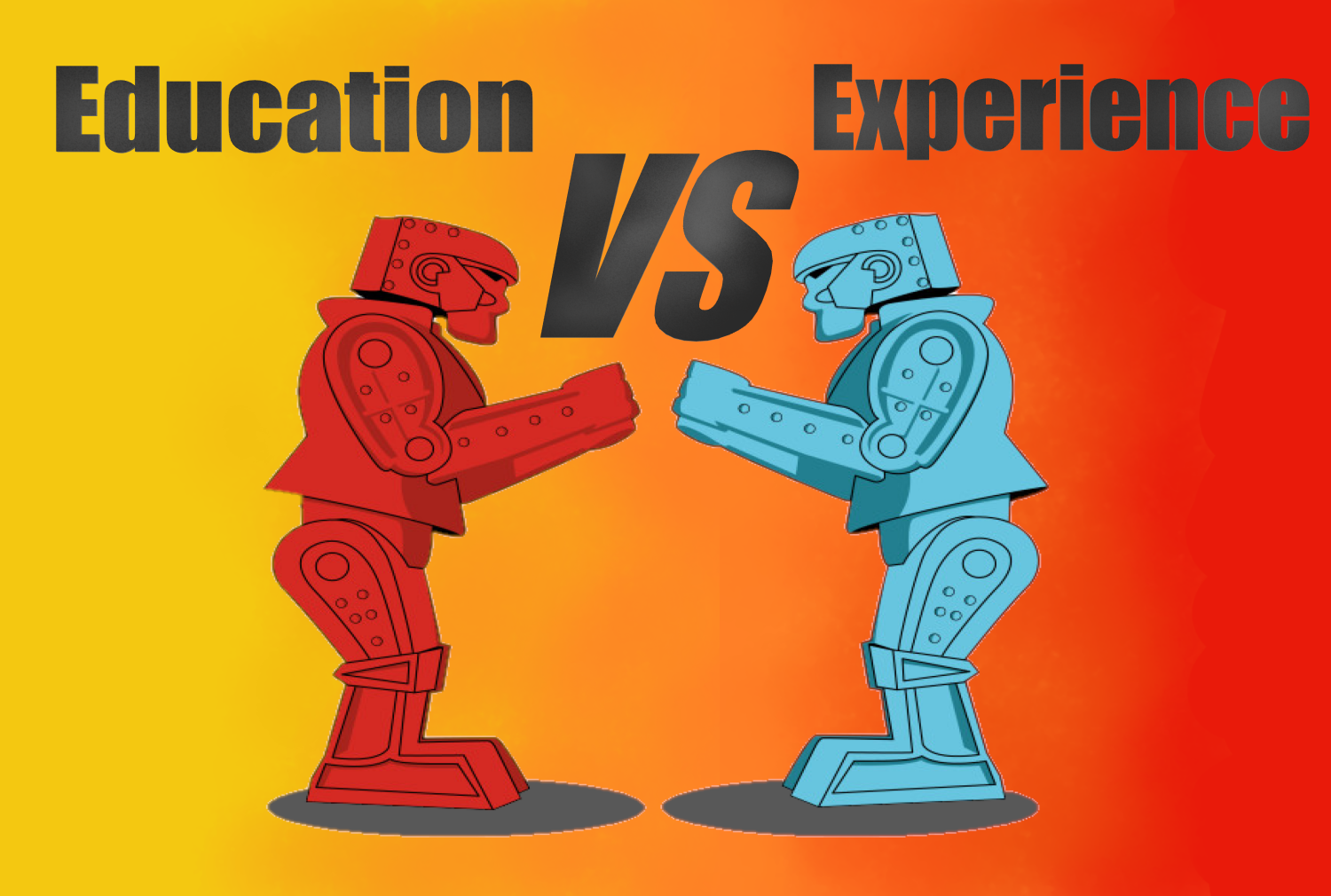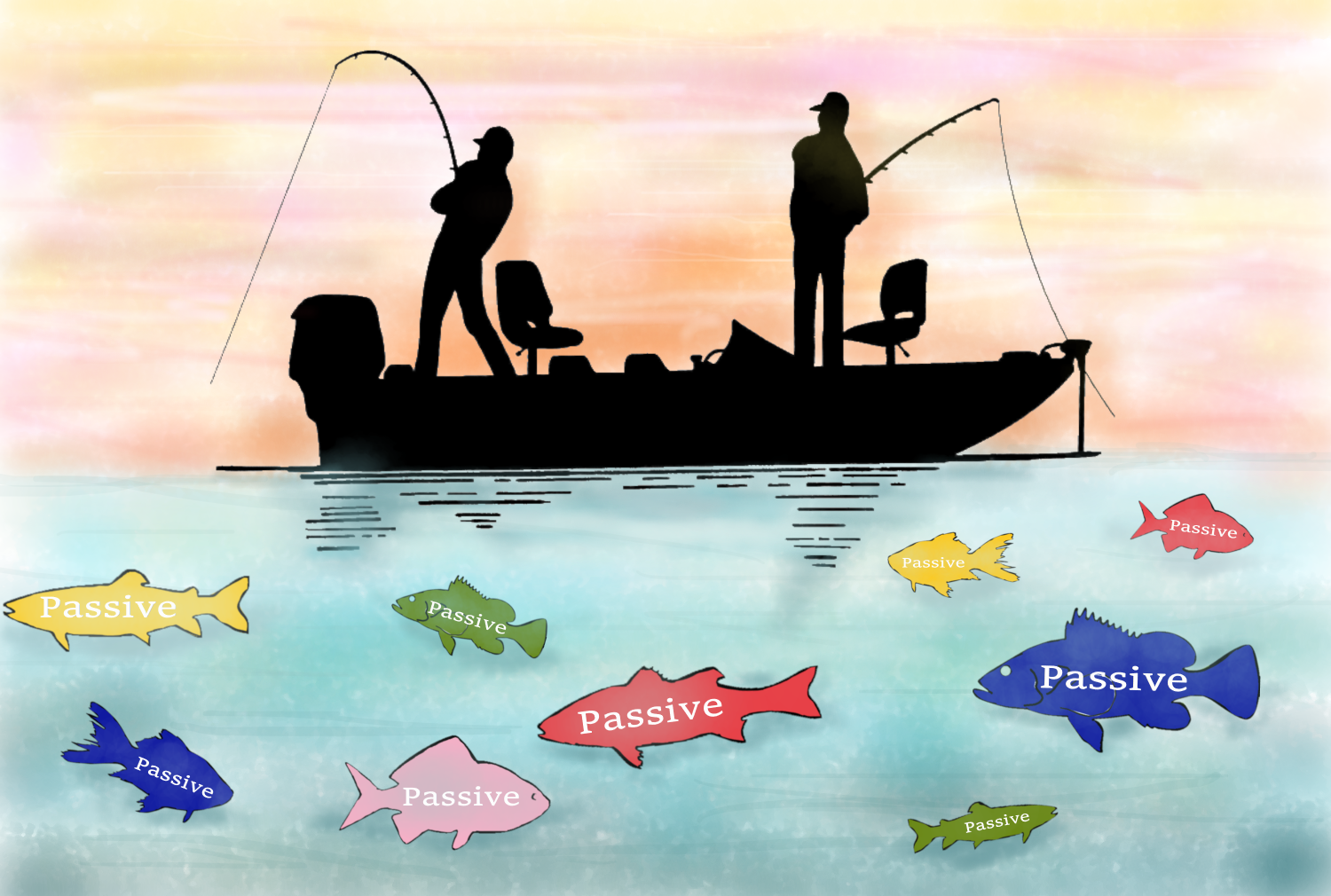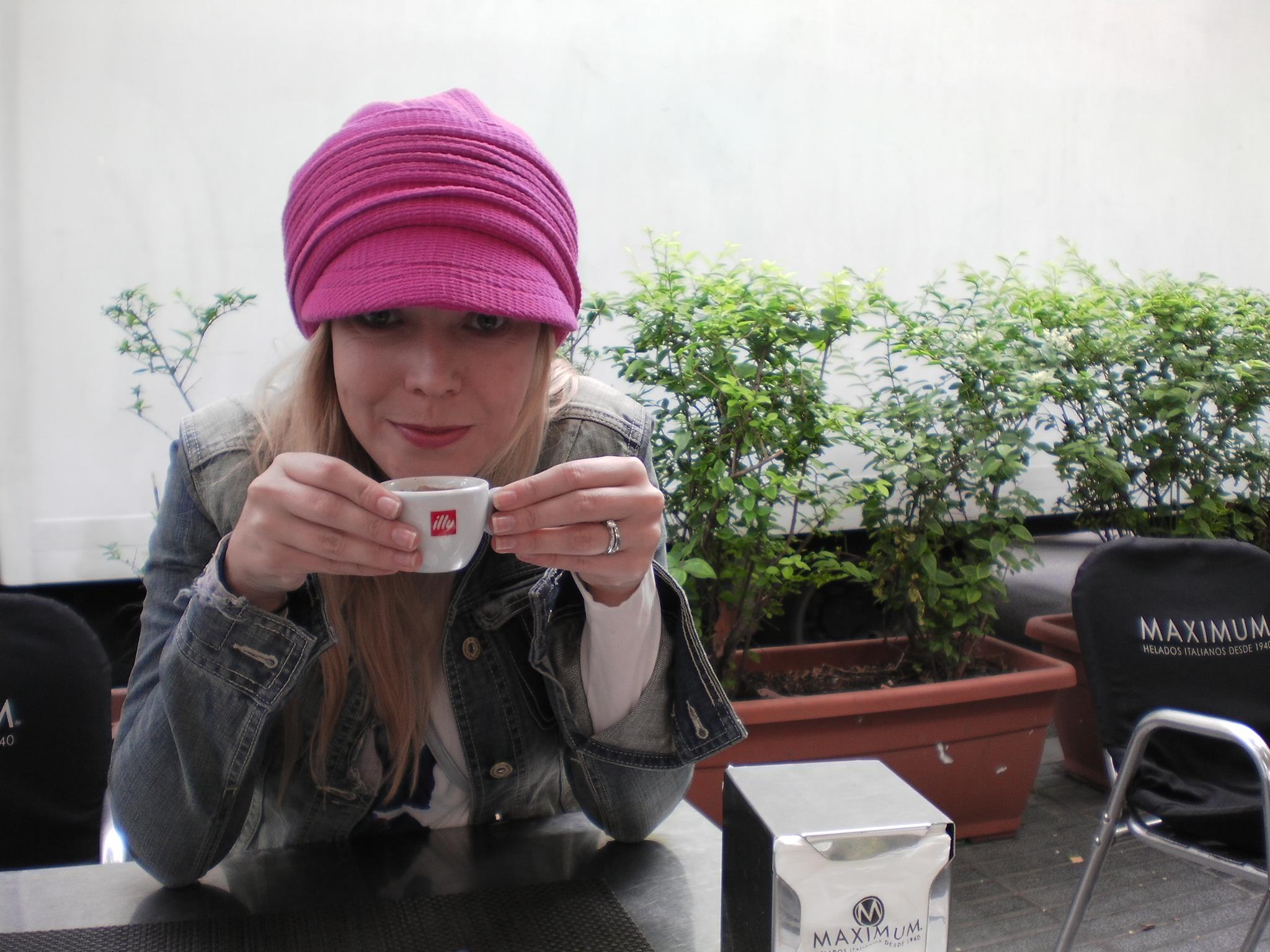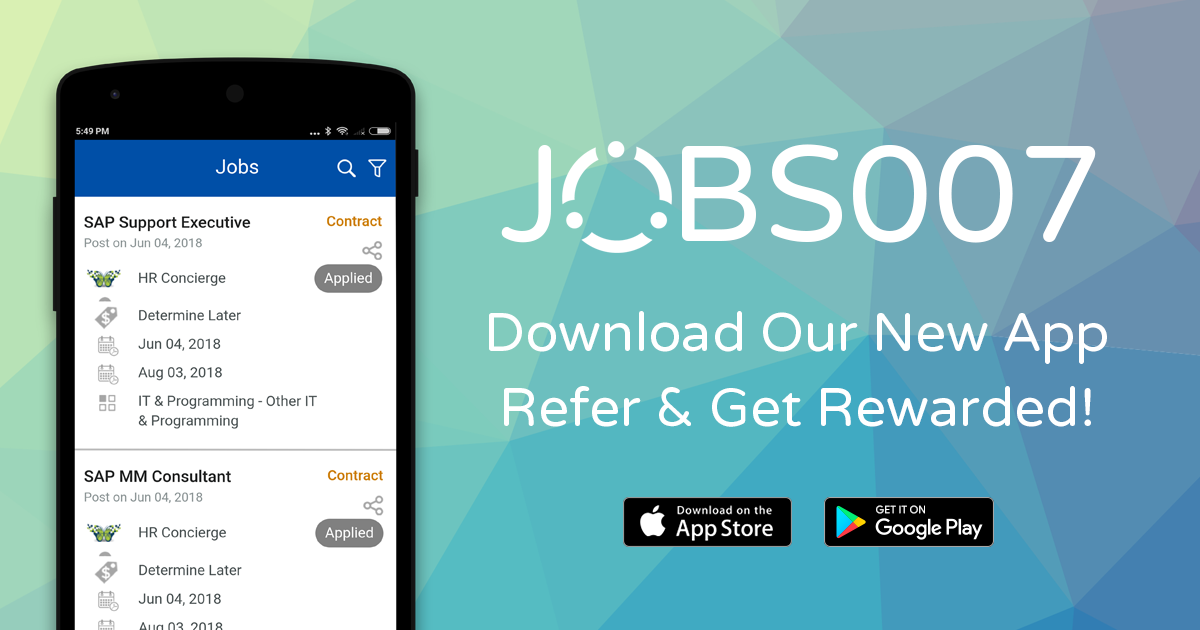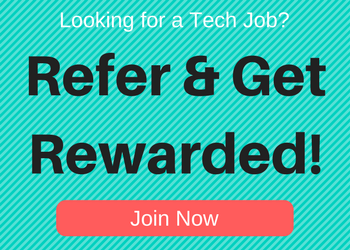Imagine this: you are a successful, high-flying student on track to a lucrative career in accounting & finance. You begin your career in earnest, looking to use your formidable prowess with numbers and figures in great ways.
You then get tired of doing that, and move into banking, with one of the biggest financial institutions on the planet. You are making fantastic money and had the dream career, in the eyes of others.
And then you stop. You ponder if this is what you want to do for the rest of your life.
Meet Kevin Dam
Kevin is the Director of Product & Marketing at Aemorph, a Singapore-based digital marketing consultancy that provides tailored digital expertise to help businesses drive greater revenue. A seasoned entrepreneur and digital marketing expert, Kevin has founded no less than 5 different companies/products and has brought his digital marketing know-how to helping these businesses succeed.
The story above, describes Kevin in summary. How did a rising star in the accounting and banking world make the switch to being THE star in digital marketing and business? Why did he do it?
We were curious too, so we sat down with Kevin to discuss his career story. Here’s the interview in its entirety. Its rather long, but you will learn something along the way!
Kevin’s Background and Experience:
Kevin’s role in his business
I’m not actually a freelancer, I run my own company. I used to be a freelancer. I now have a team behind me. I wore many hats as a freelancer. I was production, finance, accounting, tax all at the same time. You have to be forward thinking and understand the way the market is going You need to understand what products and services you need to deliver in order to serve your


clients better
I guess on a day-to-day basis, that is what it used to be like, but now I’ve got a team of people working with me.
My day usually consists of account management, responding to client facing emails, although I’m shifting that responsibility to my team as well. They are closer to the day-to-day projects, the day-to-day campaigns and the clients.
I’m also working on the HR side of things, looking for new people that I could bring on the team. There’s also new client opportunities, building partnerships, building relationships, going to networking events, things like that to help keep the flow of leads and new clients coming to the business.
Could you share more about your business, background?
I started doing digital marketing in 2010. I came from a banking and finance background. I was able to get a role at a small boutique agency in Sydney because I was doing account management in a bank. The head of the account management team from the agency gave me a call as I had the skills the firm required, especially that of working with outside stakeholders, so I ended up doing digital marketing and SEO there.
I was at the boutique agency for 4 years. By the time my tenure ended, I was leading a team of two people directly, and another six people in the production team indirectly. Back then, I would spend a lot of time doing the groundwork, including strategising, understanding the client’s business, then developing campaigns and recommendations for the client. I also did part of the implementation.
These days, I still oversee the overall strategy and direction of a campaign, but I now get feedback from my team, then give my recommendations. My team runs the production of the campaign, the ground work, so to speak.
What did you study in university? Does it have any relevance to what you do now?
I studied accounting and finance at university. I did accounting for 9 months before I decided that I did not want to stay in accounting. In order to stay at the accounting firm, I had to start my chartered accounting qualification.
It would be another 2 years and another $15-16,000 for the qualification. I also had to be bonded to the accounting firm. I knew I did not want to do that, so I quit. I moved into banking for JP Morgan, doing account management for the institutional banking side for almost 4 years.
The change to digital marketing happened right after the global financial crisis, which lasted from 2007 – 2010. The worst of the crisis was over by then, but I was pretty much burnt out working at the bank.
When and why did you decide to become a freelancer / entrepreneur?


I spoke to a few friends about this. They said to me, “It’s like you are on poison drip, we can see that you don’t really like what you are doing. You are out drinking everyday after work, de-stressing as they call it.”
So yes, it was pretty bad. It was good for somebody to tell me that. It helped me realise what was happening. So, I thought, is it better to make the change now? Then, a good accounting client of mine told me she left to join a new digital agency. Since I hated what I was doing, she recommended I give digital marketing a go.
So, I did that. I quit the bank, took a 40% pay cut. I was starting afresh. It was nothing that I had studied before. So, I worked at the digital agency for about 4 years; by the time I was done there, I was drawing a higher salary than I did at the bank.
Hence, I do believe that if you’re passionate about something and you’re willing to learn, go ahead and make the career switch. If you’re in a high-paying job and you don’t like it, I recommend quitting.
Even if you previously had a great salary, when you have so many things to pay for like bills, you do whatever you can to make things work. You find another job. You find something you enjoy doing. You find something that you are passionate about and make it work.


Sometimes people say, ‘I have spent X amount of years and tens of thousands of dollars studying this degree, I don’t want it to go to waste’.
My come back to that is, do you want to be doing something you don’t like for the next 50 years of your life, over $40,000, $50,000, whatever the cost of your degree was.
Because that is what it will be if you decide not to make the change and instead stay where you are. You are going to be doing that for the next 50 years of your life. I think it is a lot costlier than the $50,000 that you’ll be giving up by changing to a different degree or different calls or a different career.
So that is my background. Everything I have learned about digital marketing, I did it myself. Self-taught, so to speak.
A big part of our team and what we do in our company is that we make sure that we are constantly learning and applying new knowledge for our clients and campaigns to make sure that the clients get the best results. We also ensure we are always up-to-date with the latest trends as well.
What is the most useful training/learning you did in your previous work experience/as a freelancer / entrepreneur?


The most valuable training I had was from reading blogs, websites, doing courses online from Coursera and other online resources. You have got useful resources such as Coursera, Udemy, Udacity, Khan Academy, to list a few examples. I feel like slapping someone in the face when they tell me ‘I don’t know where to find any information’. There is so much available online, whether it’s free or paid. Even if it is paid, it is like $15-20. If you really wanted to, you could scrape together the cash and pay for a course. A lot of the information and learning can be done online.
For freelancers, something that is really important is going to business seminars and learning about business. This is because as a freelancer, you are actually running a business, but the person doing the production is you. So, you are kind of self-employed, but it is still a business.
Hence, understanding how businesses work, what the most important things are, what tax requirements you may have, tax knowledge, how expenses work etc., what you can or can not do, how to better generate leads or referrals where you going to get your best customers from, what partnerships you should make, things like that. A lot of freelancers may not do this. But business knowledge is one of the most important things you could spend your time on as a freelancer.
Apart from business seminars, the other form of learning that I would recommend is learning about yourself, in terms of personal development. Mindset, psychology, learning to persevere through challenges, spending your time wisely, for examples.
There are people who say they cannot work at home due to the many distractions. They say, ‘When I’m at home I watch TV, I play games, I just laze around or sleep.’ Working from home is actually less distracting for me!


What really works for me is that I set myself a goal to do 10 hours of production each day. Whether it is answering emails, doing lead generation, speaking to my team, looking for new team members, doing R & D, I need to hit 10 hours a day. To make sure that I do that, I set up a time tracking tool. I set up a time tracking tool to see how so that I could see how much time I was spending on a particular task. I use applications like RescueTime, so that I could better understand what I was spending time on using my browsers. I could then understand where I was being efficient, productive or effective.
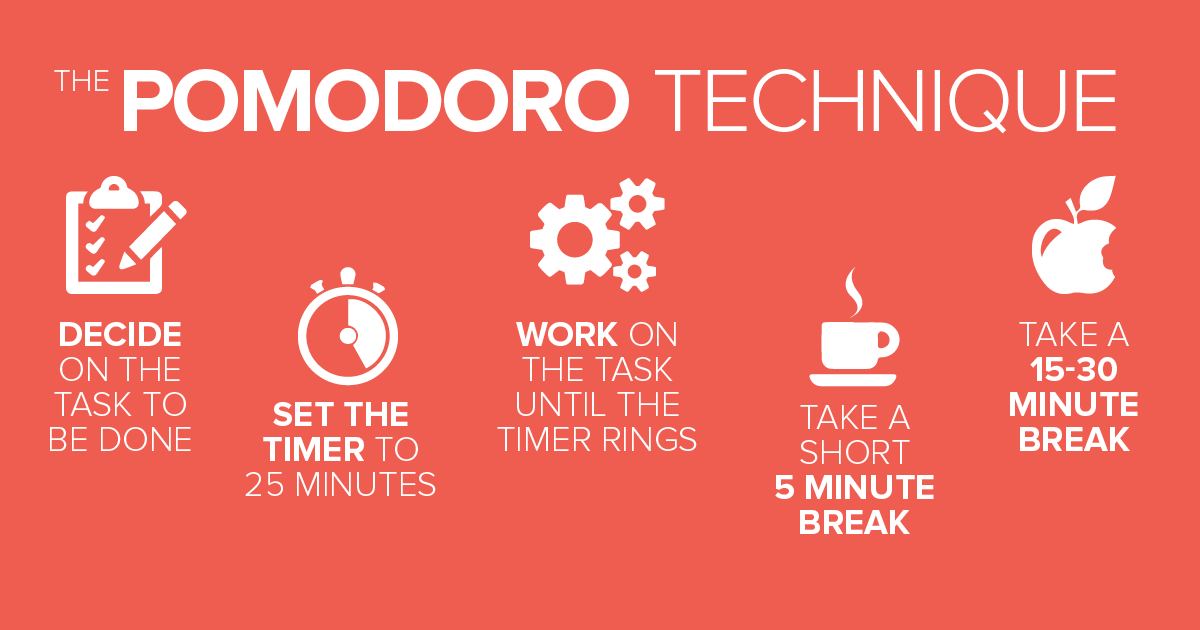

Could you share some of the apps you use for productivity?
RescueTime is one of them. For time tracking, I use Toggl.com. These two applications are the ones that helped me the most. I also read a lot of books about time management. There are lots of different strategies for time management, like Pomodoro. The most important thing is planning. Make sure you have a list of things you need to do because when you do not, you tend you tend to float around and think about what you are going to do next.
Make sure you plan and stick to your deadlines as much as possible. If you’re missing deadlines, try to figure out why you are missing them. Every deadline you miss means that you are spending too much time on a particular client or job, and you may not have factored that into the price. Or you might not be doing things effectively. Is it something you could have done better? And if you are doing it repeatedly, how can you automate and optimise that process, so you do not have to repeat the action again and again for every new client?
How did you put together all the resources needed to start your freelancing business?
When I started, it was friends and family. I spent a lot of time on LinkedIn, generating leads and interest from there.
One of my best clients is someone that I met on LinkedIn. I have never met him before in person, but we’ve been working together for the past 3 years now.
Other things that helped a great deal was outsourcing. I outsourced a lot initially, because what I really enjoyed was talking to people to understand their business and their challenges, then help them by providing a solution. I could not be doing all the production and be talking to people at the same time. So I outsourced a lot of the work to a third party.
After a while, we outgrew what the third-parties were doing for us, so I decided to bring everything back in house. That is why I have a team now. So, you have to think about the things that you really need to do and is there someone who could do the job just as well without you having to spend time doing it.
If that is possible, just be the broker between the problem and the solution. After a while, when you have enough, you can probably start spending time bringing things together in-house; you can increase your profit margins that way.
The Nature of the Job
What does a typical day of work look like?
Rolling out of bed, checking my phone for emails. It’s probably a bad habit, but it’s one of the only things that engages my mind and wakes me up. I check my emails and clear my inbox.


I begin my day with breakfast, a coffee and get started with answering my emails, responding to requests. These days it’s more about lead generation and replying to inbound leads that come through. So, people who say they need help with SEO, they need help with their website, I will do the research. I will strategise on how to help them with their website SEO. I then tell them what they need to do and how I can help them with those solutions.
I spend less of my time answering to client emails these days, my team does most of that now. The other parts of my day are spent doing R&D, because I like doing research and understanding new strategies, tactics and new ways that other people are doing things. I see the results and figure out how to apply that to our clients.
Unique parts of the job
I wear many hats in my job. I know that for other digital agencies, they work with partners. Someone who’s the head of the client service team, someone who is head of sales, and so on. At this stage, I am most of those, which is why I am getting new team members on board to take on some of these roles. Are these new team members going to head their respective departments? Maybe, maybe not. But I think that it is a step in the right direction.
What are your day-to-day challenges?
In the digital space, there is so much happening. Things are changing all the time, Google is constantly updating their algorithms. So, a lot of the challenges are related to R&D – how to do things better for clients, how to better streamline operations. This is difficult because things change all the time.
But each client is different. Strategies and the things we do would be similar from client to client but there is still a need to decide clearly what the right things are for each particular client. It difficult to put everything It’s difficult to put everything into a process and say that you are done and dusted for the next 12 to 24 months. Because, things change so often that our processes need to change in tandem. A process set 3 weeks ago would be updated potentially in another 2-week’s time.
Another challenge, which I think applies to everyone: human resources. To find the right people to work with you, who believe in your vision, who believe in what you do. It is great to have a team of self-starters to a degree, but not self-starters so much so that they decide to leave the company. To find the right people to join the team and believe in what you’re doing is definitely a challenge.
What surprised you most when you first became a freelancer?
I don’t know if this is really surprising, but nothing really goes the way you planned. I meant to say, you should always have a plan B, but if you have a plan B, you give yourself the opportunity to not go full pelt at your original plan. It’s a catch-22 situation for that.
What’s really surprising is that, in my industry, there is a lot of competition. A lot of people are doing it, but there a lot of people who don’t understand it either. There are a lot of business owners, especially here in Singapore, who still aren’t online. They do not see the value of digital marketing. Many of these offline businesses obtain business from referrals.
That might have been useful for the past 2-3 decades, but as the digital world becomes more prominent, it becomes so much easier to search for something online, or discover new businesses and products on social media. A lot of people are finding information online. It’s getting delivered to them. Or they’re searching it on Google.
So that was one of the surprising things. I would have thought that there would be a better take up of digital marketing in Singapore, but it’s surprisingly not as high I thought it would be.
If people are saying that the economy is slow, I personally think that is bullshit. The economy is a zero-sum game. If someone is losing, then someone is winning. Thus, not everyone is losing.
So who are the people who are winning? Those are people I want to find and mimic and replicate what they are doing. I want to learn from their winning ways. And when you look at winning businesses, what are they doing? A digital presence. They have got online stores, e-commerce, or they are generating leads online.


Those are the businesses that are winning. Yes, a physical store is cool, but rent is expensive in Singapore. Learning from that and understanding how to move online, I think that is really important. A lot of people just do not go out shopping anymore. They just buy online. So having a retail store doesn’t really help you.
Things like that represent a challenge and a little bit of a surprise. Like I said, when I first came here, I thought digitalisation would be a lot bigger than other countries in the surrounding regions. But a lot of countries are actually more advanced in Singapore in this realm, like in going digital, and going online. For example, Malaysia, Indonesia, the Philippines, stuff like that. Everybody does shopping via e-commerce on their phones.
What do you not like to do in your job role?
Paying business related bills, doing the banking, following up with clients and team members. I’m not a big fan of writing. I’m more of a fan of speaking into cameras and doing voice recordings, things like that. I don’t know if that counts. I’m going to start creating more content, whether it’s video content or voice recordings. I need to do more of that.
I say this to my clients all the time, if you’re not producing content, there’s little reason for people to come to you. Humans are consumers by nature; they consume food, TV shows, ice cream, online content, videos, everything. If you’re not producing anything, they are not going to consume from you. It’s the same for business. If you’re not producing something of value, it’s less of a chance that they’re going to pay for something and give you business.
What is something you cannot do without at work?
Well my laptop is one. But I could not do without my team. They are helping with so many of the stuff, so that I can do what I’m doing now. Like go out networking and seeing clients.
Coffee, tea, all that stuff, I can live without. Those things are more of a habit. There are days where I do not have coffee or tea and I’ve done perfectly fine without them. This is because when I start my work, I snap straight to work mode and could stay up for even 24 hours if I had that much content to go through. I have done 16 hour days, not a problem.
Tell us about the projects you are most proud of.
One of my very first clients, who have been with us from for nearly 3 years now. We have helped them with their Australian website, then their New Zealand website, and also their U.S. website. We are trying to convince them to come to Singapore with their products and services, which they are looking into. It is a very competitive niche, insurance.
I think I am most proud of this project because, we have helped them go to three countries, and maybe a fourth in the future. In addition, their head of marketing referred us 3 other clients in the same space.
This is a testament to what we do, for them to give us referrals in the same industry sector. They are also people who are great to work with. They readily take on our suggestions and feedback. Before they embark on a new project or product, they come to us for our view before anything goes ahead, which is great. They trust our opinion, they respect what we do for them, and they really value our support.
They ask us if we also want to use their product and service and become a direct affiliate for them, we can do so. And we get to use their product. We get along really well and deliver great results. It has been a fantastic relationship.
What technical skills and certifications are required for your job?
Nothing. As a freelancer, if you know know more than the person you are helping, you are already an expert. This is because they actually don’t know what you don’t know. If you can answer all the questions for them without hesitating and position yourself such that you are asking them the right questions, you could know absolutely nothing at all about what you do, and yet you still could get them on as a client. This is provided that, the solution that you provide to them is possible, and you can deliver on that solution.
Technical school wise, you don’t need to have any. You don’t need to have any certificates, like I said you can learn everything online. I don’t have any formal training in marketing, but I know more than the guys that I’m helping, all the clients that I’m helping out.
In fact, I think the best type of training are the ones that are not formal. They push the boundaries a little bit more.
To understand what you can and cannot do, you need to know what you can and cannot do. When you’re learning from informal training programs, you can get a bit more insight into what people are doing to push the boundaries that can help your campaigns.


Most people do things by the book. If you’re going to be doing the exact same thing as most people, what is going to give you the edge? So, don’t be afraid to go out there and learn from ‘underground’ resources; you will probably learn more from them.
Of course, do your own projects, do SEO on your own website, that helps a lot. You have to be able to apply what you learned. Reading something helps you to retain 10%, saying something retains 20%, doing it helps you to retain about 60%, and teaching it helps you to retain 70% of it. But you cannot teach something that you do not understand. So doing the projects is very, very important, because knowledge is power, but knowing how to apply that knowledge is more valuable. So yes, doing these projects are very very important.
Strategy and Customers
What did you do to get your first customers?
As mentioned earlier, I got my first customer from LinkedIn. Then there were referrals. People knew I started doing my own consulting and freelancing. So they sent me recommendations of people whom they thought needed some help. So that was one of the best sources of clients and leads.
The second best were the partnerships that I had developed, through friends or going to networking events. I would discuss with my partners what they did not want to do in their business, and if what they did not want to do was what we did really well, then we would partner up with them, so that they could focus on the stuff they wanted to do more of.
So these are the ways I got my first customers: LinkedIn, Word of Mouth, Partnerships.
What do you think helped you get hired?
Giving advice. Free advice. Advice that is actionable that could help potential clients see results. When you give information that works, it is for sure they would want more of it. Then you tell them, I cannot keep doing this for free, so if you want more of this information, we need to have a formal business arrangement. That is probably what got me hired, giving actionable tips, and not expecting anything in return.
What are some interesting/memorable stories you have of clients/projects?
When I first started doing freelancing or consulting, a lot of the work that I did was giving advice and instructions to businesses that had teams, who were meant to implement them. So they say, we have a team of coders, they can help implement your advice and your instructions.
But SEO is a different skill. A lot of my initial clients in the beginning were talking about how they were not seeing results. That was because the team was not implementing any of the things that I was telling them to do. So I learned, you just can’t let the client’s team do the things I recommend, that’s why I started outsourcing the tasks. It became, ‘These are the things we need to do, and we will do it for you, and this is what it’s going to cost.’ So that helped to turn around things for clients who were not seeing results because things weren’t not being implemented properly.
What do you think is the most important to creating a successful partnership with your clients?
Being upfront with everything you do, giving actionable advice, and being the first ones to deliver something that’s important to them and will positively impact their business. Provide suggestions on how they can grow their business and campaigns. When you become that trusted source of information, they will always come back to you for more. So I would say that’s the number one thing: being the trusted source of information.
What strategies do you have to retain your clientele?
Being upfront and open, and not being afraid to lose the client. We have a client, when we first met them, they asked us many questions about the way we do things. When they finally came on board, they still wanted to drive a lot of the implementation, strategy and tactics for the campaign.
It headed to the point that I just wanted to tell them, ‘If you want to be the one that’s driving everything, why did you hire us? Why are we even working together? Why you paying a high price just to get us to implement what you are doing? Instead of using us for our expertise and our experience, you’re better off paying someone cheaper just to implement it, you don’t need us for this.’
So I think, being able to have these hard conversations, sometimes you need to be able to tell the client what they need to hear and not what they want to hear.
Do you have any bad customers? How do you deal with them?
Sometimes, it’s about telling them where the boundaries are. From a business perspective, it is about running a set of procedures and processes. When a client forces you to or makes you work outside of those procedures and processes, you are disrupting your business to fit them.
You are able to scale better and more effectively when you work with companies that fit within your existing processes and procedures. If you work with companies that force you to go outside that mod, you need to have a conversation with them and tell them, ‘Hey, this is how we operate. We don’t expect you to do things our way. If our methods do not conform to the way you do things, then we might not make good partners for each other. It does not mean we can’t be friends, it just means we are not good business partners, to help you achieve the goals that you want to achieve. We are also running a business here.’


Being able to have that kind of communication when it’s needed, and being able to tell the client what they need to hear, that helps me when dealing with my clientele. Because, if you’re unable to keep your own business operations going, then it won’t be long before you won’t have a business.
Personal Philosophy, Advice and the Future
What are 3 qualities/skills you absolutely need to excel as a freelancer?
Have the right mindset. This is in terms of where you spend your time, why you are spending your time doing it and understanding that not everything will go your way in business.


This is like what Anthony Robbins once said, about a kid who is playing the shooting game. Ever heard of the game “Time Crisis”? When you play it from Stages 1 to 5, all the bad guys come out in the same way. So as you play, you get better at the game. That is because you can better anticipate where the bad guys are coming from.
Unless you learn and understand how it goes, you go from losing all your lives in the first stage to being able to finish the game, on just one credit. It’s because you are able to anticipate what’s coming.
Now, you switch over to the 2 player game. You think, I played this game before, I should be able to handle it. But it is a different set of places where enemies pop up, so you do not anticipate the right things.
So you got to understand, not everything is going to go your way. If you’re able to anticipate things, you’re able to plan better for it, you will do better. Having the right mindset to anticipate and plan for things, having the right mindset in terms of how and why you spend your time, and always learning, I think it is really important. I think these are the three most important qualities excuse that you should have as a freelancer.
How has being an entrepreneur changed your life?
You have a lot more responsibilities. You will grow up because of this. It is not just about my own personal income or business revenue, but it is also about the people who work for you, and how you need to consider them when it comes to business. Because, your actions have an impact on their income; you can have an impact on their potential growth opportunities and income.
In short, there’s a lot more people that you are indirectly responsible for.
If you could travel back to day 1 of your business and have 15 minutes, what would you tell yourself?
Write down these lists:
- Things you need to do
- Things you do not need to do
- Things you are passionate about
Use that as a list to hire the right people. If I could go back in time, I would have hired another account manager from the start, so they could step in and do what I do on a daily basis, so I can do more sales and networking and bring in more clients faster.
I would spend more time nurturing the team and my own knowledge. Get comfortable with doing the things you do not like to do. That is how you know when you are growing. That’s how you grow as a person.
What advice would you give an aspiring freelancer?
Go out there and speak to people. I think a lot of freelancers like to spend time doing things in the comfort of their own home. But if you are not going out there to meet and speak to people, you are not finding out what challenges and problems people have, which makes it difficult to get a new client.
People will pay you if you can solve a pain that is strong enough. If you are able to solve their problems, they will start paying to do it. Not everyone you speak to will pay you, but you need to be selective on who you want to work with anyway. Think of it like this, how much is your time worth?
One classic example: Go to Universal Studios theme park, lots of folks spend $70, wait 40 minutes to an hour along with everyone else for a ride. I think the opposite of that.
Why do I want to spend all my time waiting? If I’m going to be waiting, I might as well bring my laptop and do some work. Or, since I want to get on as many rides as


possible, I could spend an extra $70 on a Fastpass and be on the ride 3 times before the queue even moves much.
Thus, I think that understanding the value of your time is really important. It will really help you decide on what projects you should be doing, which clients you should be working with. Because if you do not value your time, the things you end up doing might have say, be worth $2/hr. And if that is the case, you might as well work at McDonalds – you would make more there.
Plus, if you do not set a value for your time, then you would not know what to outsource. If you can do something better that will generate you more revenue per hour, then you should be doing that instead. That is really important.
_________________________________________________________________________
Should wish to contact Kevin to enquire about his consulting services, please visit his profile here.


